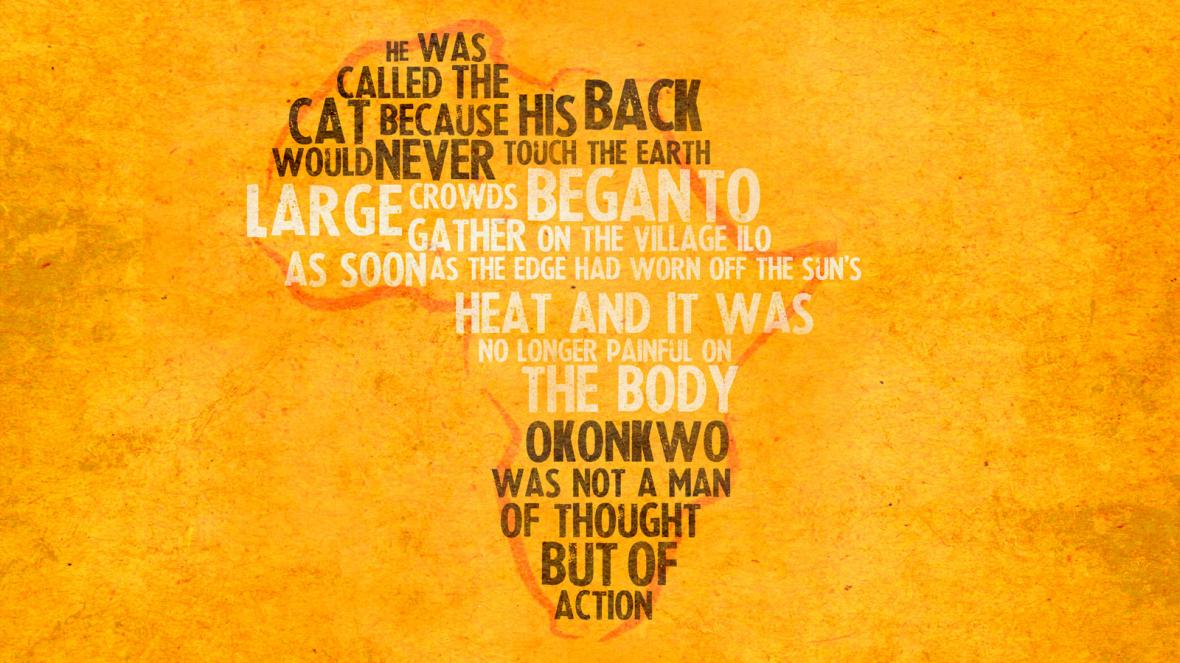How far does word both represent and create the world? This is exactly what African novelists of our moment are exploring. With new realms of postcolonial studies coming to the fore all the time, the BBC’s documentary Africa Turns the Page: The Novels That Shaped a Continent is a fascinating and engaging watch, and suitably meets up with the powerful urgency of the current surge of the Black Lives Matter movement.
Presenter David Olusoga begins with unpacking the colonial adventure novel and the journey of Joseph Conrad, and his venture into the ‘Heart of Darkness’ that he ascribed to Africa’s continent and people. Enter Chinua Achebe; Achebe resisted Conrad’s ‘Darkness’ and paved the way for future African writers to be the “conscience of a continent”, in which the internality and complexity of real Africans could be explored.

The documentary also delves into the significance of the role of the Heinemann African Writers Series in the exposure of writers hailing from the continent. The excellent interviews with novelists are interspersed with prose monologues from actors, a demonstration of both the “anger and soul” of the African novel. The interviews include discussions with writers Buchi Emecheta, another trailblazer of the genre, who inspired those such as Chimamanda Ngozi Adichie, Oyinkan Braithwaite and 2019 Booker Prize winner, Bernadine Evaristo. These writers pay tribute to their culture and drum home the uniqueness and complexity of each African individual they write into existence.
The documentary is uplifting and inspiring, especially the shots in which Ben Okri and Bernadine Evaristo win their respective Booker prizes. The segment on the problematic labels of ‘Black British Writer’ or ‘African Writer’, which seeks to limit these writers to a certain continent, family or region, was thought-provoking and important to be aware of. While many of the writers are owning and empowering their African-ness, we are also made conscious of the confines of these labels. Achebe says that “every people must tell their own story”; this documentary is poignant, educational, and highlights the importance of the African novel’s legacy and its eminent writers, both twentieth-century and contemporary. As Achebe states, “story is power”, and the African novel is certainly a powerhouse of literature.
Image Credit: The Times

